Experts, Now A Click Away
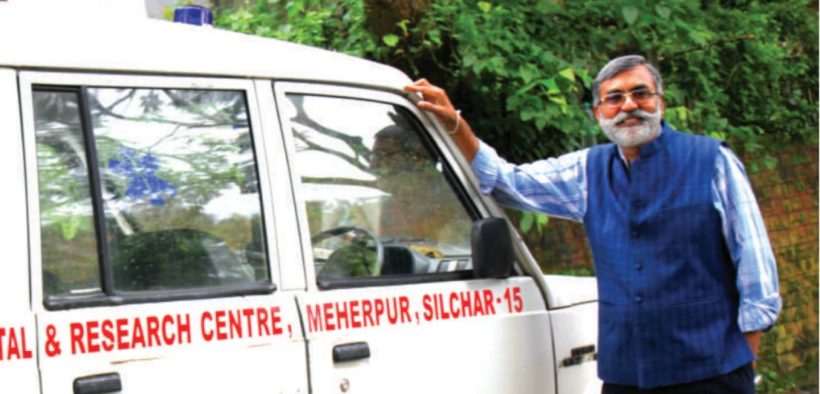
Online cancer expert opinions are a boon for patients, families an their primary doctors
The incidence of cancer is increasing at an alarming pace. Besides the real increase in new cases every year, this is also the result of better diagnostic facilities and an increase in the willingness to use the same by those suspected to have cancer. The real increase in the incidence is due to our lifestyle and improved longevity. The availability of up-to-date information on the internet and easy accessibility of the same using handheld devices have also made patients more aware and empowered.
The downside is that they now have unrealistic expectations. For instance, there was this recent incident where parents approached a nursing home and asked to do surgery on their child. They said that they had seen a video of the surgical procedure on YouTube, felt that it was quite simple, that they themselves are capable of doing the same. They also did not want to “waste money unnecessarily” by approaching a surgeon to do the procedure! The less foolhardy ones do self-diagnosis using ‘Dr. Google’, make up their minds on the “correct” line of treatment and then seek multiple consultations and opinions until it matches what is on their mind.
Ultimately, the aim of all caring family members is to get the best expert medical advice for their patients. Unfortunately, this is easier said than done. Firstly, the number of cancer experts available in our country is limited. Currently, we have less than one oncology expert per 5 lakh people. And most of them are located in metros and tier-one cities. They are already overburdened and overwhelmed with the number of patients they have to manage every day.
Besides there is a lot of specialization happening—some experts will be focused on breast cancer while others will be looking after lung cancer. In addition, there is an emerging role played by new techniques (molecular genetics and next-generation sequencing), new therapeutic approaches (immunotherapy) and new molecules (osimertinib). There is also a shift in the way cancers are classified, with the focus now being on which genetic mutations are causing the normal cell to become cancerous and grow (e.g. Her2 overexpressed gastric cancer) as opposed to the earlier approach of looking at the organ of origin (gastric cancer). One other crucial factor is the cost of treatment.
Healthcare is the only sector where technology and advances come at a very high cost. For instance, the Car T Cell Therapy that was licensed to Novartis by US FDA costs more than Rs 3 crore for a single dose! All stakeholders seek to reduce costs. The use of generic medicines is a good example. Once the patent (intellectual property protection) of the drug expires, cutting edge medicines are made available by other companies at a lower cost. Provided the quality is adhered to, this makes available the best standard of care at a significantly cheaper price to patients.
Unfortunately, patients and their families often insist on the best treatment without being able to afford their cost. They are also skeptical about alternate standards of care, assuming that more recent or more expensive medicines equate better outcomes.
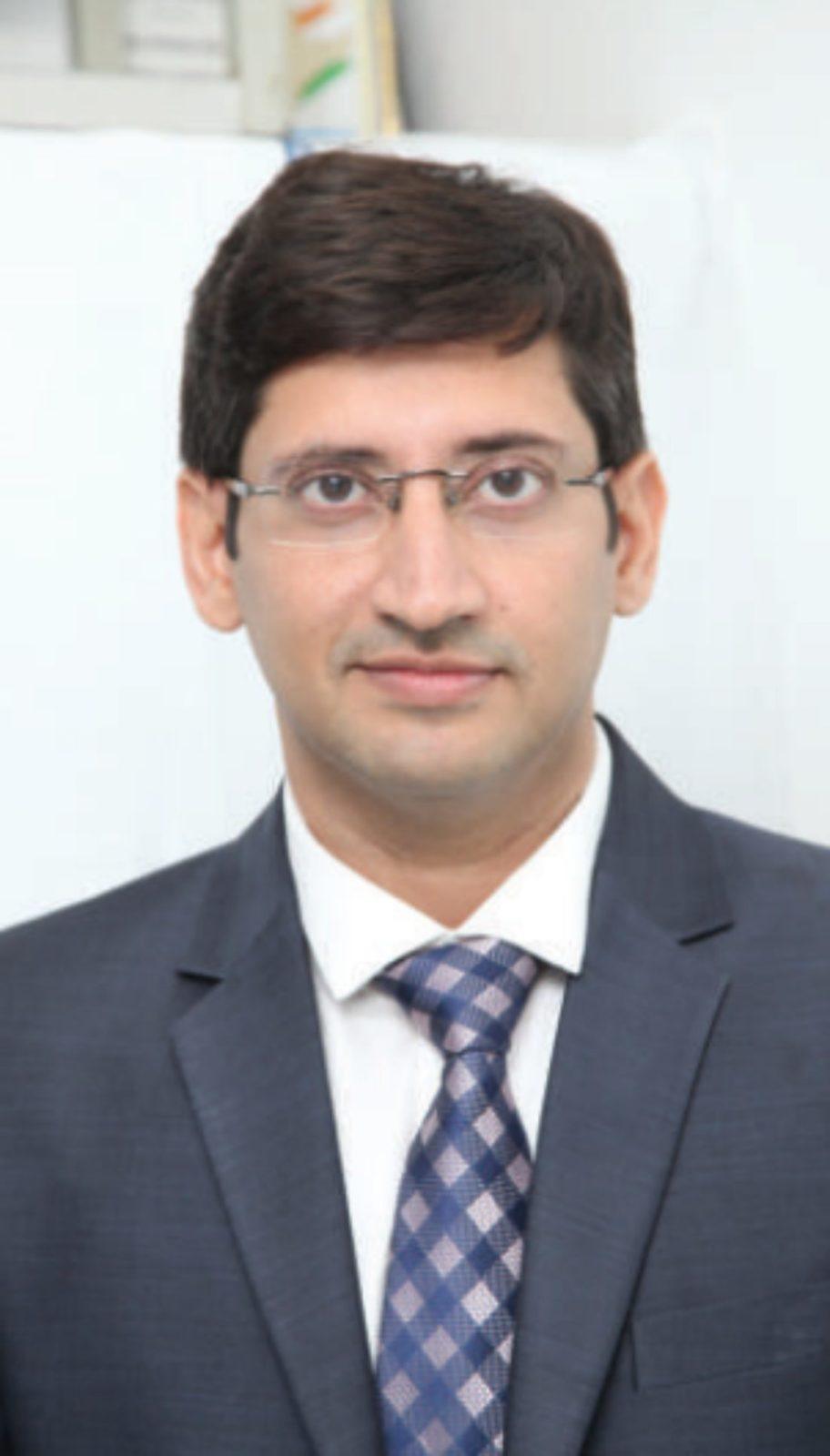
“Incorporation of appropriate cutting edge technology will help tackle cancer (a huge problem recognised by the Government of India as the top contributor to deaths due to non communicable diseases) within the constraints of scarce resources. An online platform, where patients can quickly access top cancer experts and get unbiased recommendations in a transparent manner is truly an unmet need of the hour. It also has the advantages of eliminating the inconveniences of logistics, time required and costs of going to distant places for consultation with cancer expert.”
Dr Nikhil Ghadyalpatil, Senior Consultant Medical Oncologist, Yashoda Cancer Institute, Hyderabad, and Vivekanand Cancer Hospital and Research Center, Latur
Some of this stems from the fact that some generic medicines result in poorer outcome or increased toxicity, primarily due to changes in quality, excipient, preservatives, manufacturing process, shelf life, storage requirements—features that can have significant impact on how well the drug does its job inside the body of the cancer patient. The classic question is, how can a generic company sell the finished product at a price less than the cost of the bulk drug? Also, there are instances of contract manufacturers not being able to produce drugs that meet the quality of ethical Indian pharma companies, yet sell the same to other companies which are then able to offer the final product at L1 (lowest) tender prices.
Also read about
These compounding variables are so complicated that patients need help and advice from expert healthcare professionals before making their choices. No wonder access to prominent expert oncologists who can easily and quickly give professional advice to patients is the need of the hour. The good news is that help is already available in a convenient online manner: welcome to the power of expert online opinion services in oncology (as well as other branches of medicine). The potential advantage of these services is increasingly being appreciated and, more importantly, utilized on a daily basis.
“At Shalby Cancer & Research Institutes, we have demonstrated how collective consensus decision by multidisciplinary tumour boards gives the most appropriate recommendation for individual cancer patients. This not only improves patient satisfaction but also gives the best chance of cure, longest chance of survival and better quality of life.”
Dr Purvish M Parikh,Group Oncology Advisor, Shalby Cancer & Research Institute, India
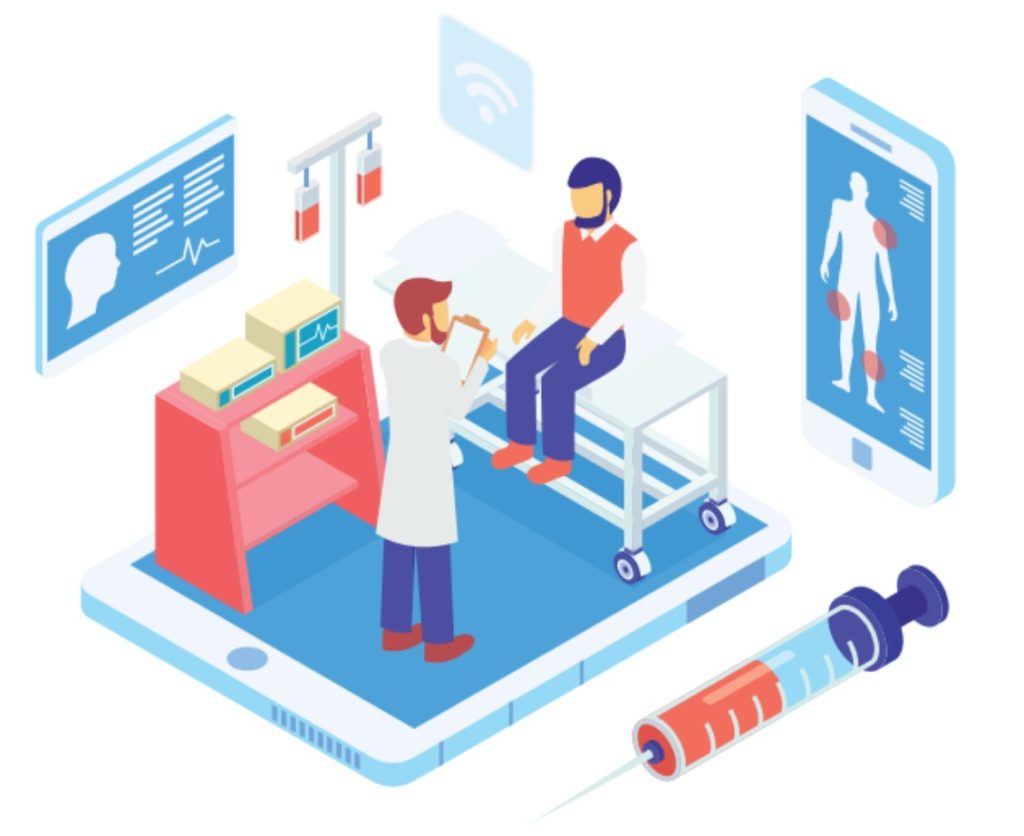
The technology we use every day and that is available in our hands suddenly becomes a trusted friend. The use of smartphones, access to the internet and genuine cancer expert service providers are bringing help to the doorstep of patients in every nook and corner of the globe. The challenge of distance melts away and is no longer a limitation. Time zones are meaningless. Spending tens of thousands in traveling hundreds of miles and waiting for the appointment from busy cancer experts is now a thing of the past. In fact, when the cancer expertise is provided from another location and from a source that is different from the treating oncologist, there is little or no bias. The recommendation is neutral and not influenced by emotional distortion. So what should a person do if they want to avail of such services? A Google search for online cancer consultation will show up thousands of hits. The best way of finding the right website and cancer expert services is to pay careful attention to the following points:
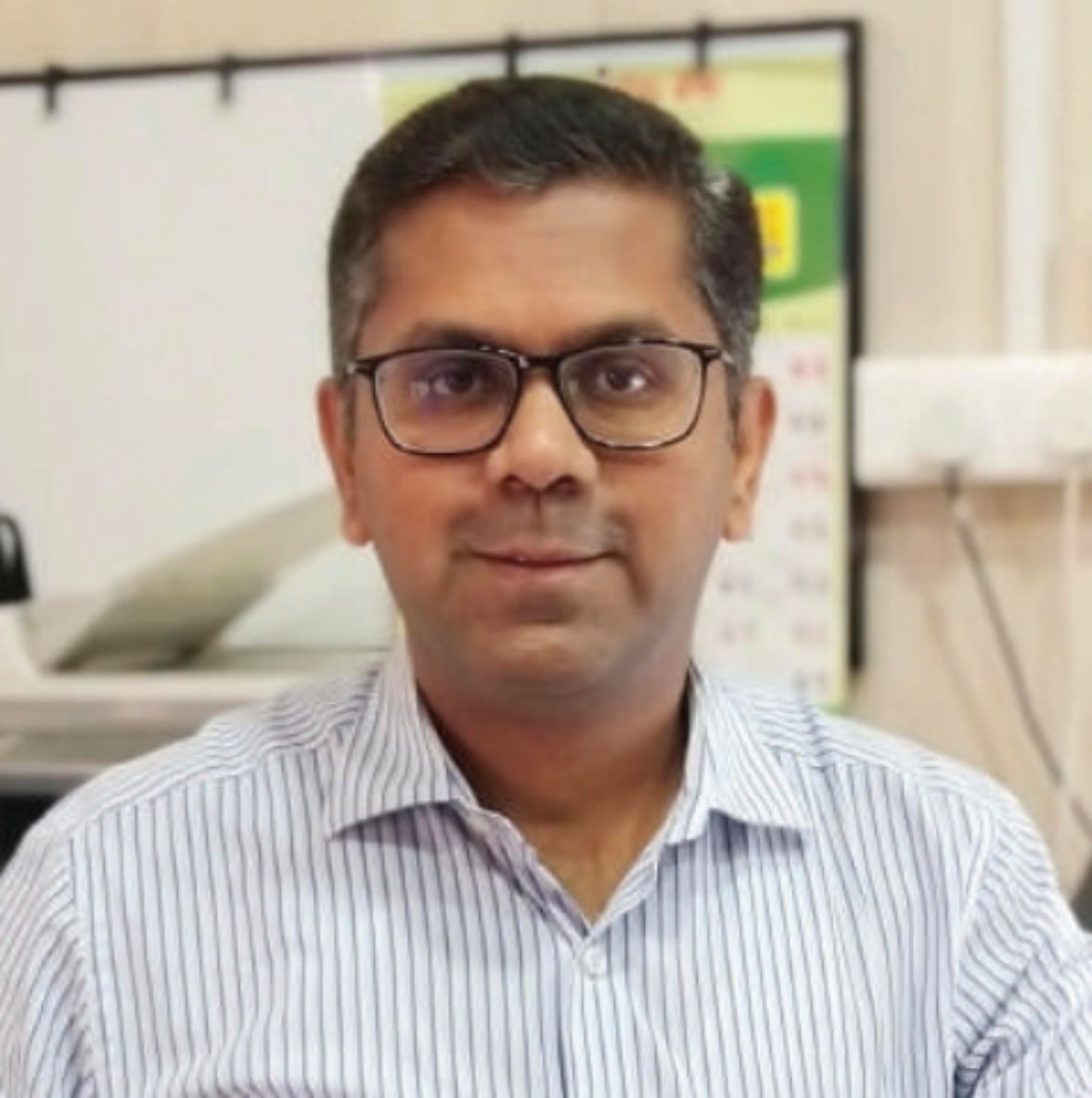
“Seeking a second opinion empowers cancer patients and their families. It makes them capable of active participation in the decision making process about treatment. It also reassures them and boosts their confidence in the treating oncologist. They are better able to understand the importance of completing the planned therapy as well as anticipating what to do in case of toxicity or emergency. As cancer experts, we are delighted that more and more patients take advantage of this opportunity. Gone are the days when doctors felt upset or insecure if patients sought second opinion. In fact, we now feel reassured that the patient is taking serious steps to tackle his/ her cancer proactively if they seek second opinion for confirmation of the treatment plan.”
Dr Sachin S Hingmire, Senior Consultant Medical Oncologist, Deenanath Mangeshkar Hospital, Pune
1. Technology:
Most people prefer the online interface on a mobile platform (smartphone, tablet, laptop), which looks pleasing and is easy to navigate. However, the real technology is behind the scenes and cannot be evaluated easily. Indirect ways of assessing their robustness are by refreshing the page, looking at FAQs and changing the password after signing up. If patient preferences are requested, this is additional evidence that the cancer experts will take into consideration the special needs of individuals in a personalized manner.
2. Confidentiality:
This is valued by all of us. The misplaced controversy surrounding Aadhar is based on the unfounded fear of personal biometric data leaking out to third parties. On the other hand, confidentiality is particularly crucial while dealing with information regarding patients’ health. Platforms that use a firewall and high-level security systems are less prone to hacking and breach. The fact remains that in today’s rapidly evolving scenario, no system can be completely secure. However, by storing patient identifiers separate from the health data, the risk of breached data is reduced significantly.
“In today’s world, use of the internet is expanding exponentially. Mobile devices and laptops are becoming the gateway to information for many new-age patients. Unfortunately, many posts represent personal experiences or preferences, and such comments are uncurated, biased (usually unintentionally), often factually incorrect! It is extremely important for cancer patients to be aware of this possibility and have professional help in navigating this plethora of unregulated information – especially to ensure what is and what is not applicable to the individual patient. If taken out of context or misinterpreted, this can lead to incorrect, incomplete or inappropriate treatment,severely jeopardising chances of cure or leading to excessive toxicity.”
Dr Prashant Mehta, Senior Consultant and Unit Head Department of Medical Oncology/Hematoncology/ BMT, Asian Institute of Medical Sciences, Faridabad, NCT of Delhi
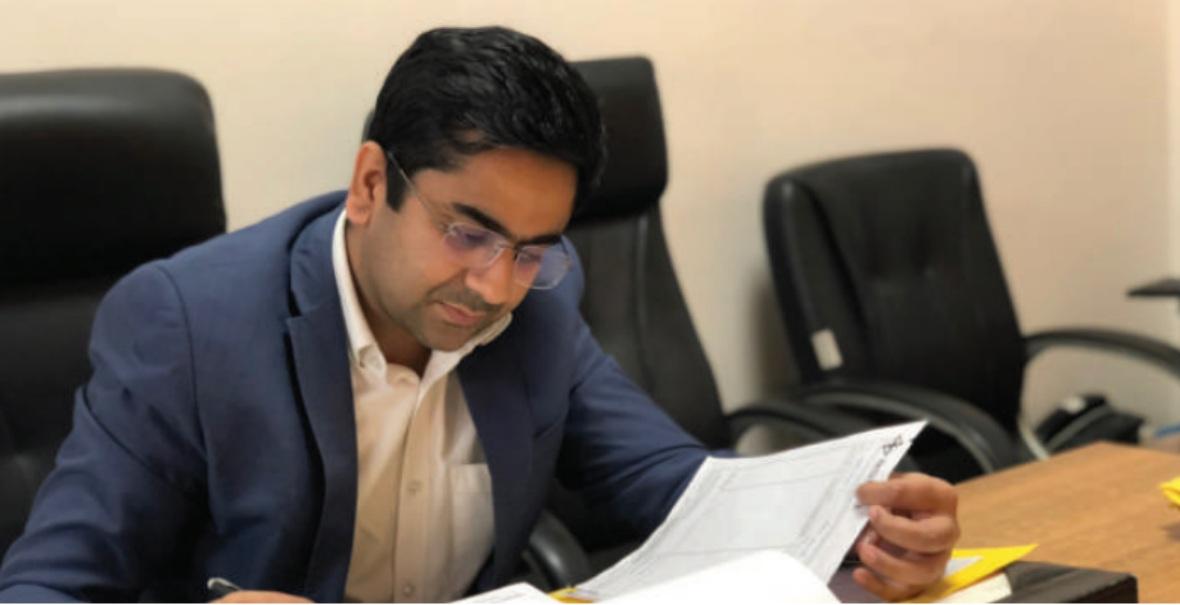
3. Turnaround time (TAT):
The anxiety of being faced with the diagnosis of cancer can be stressful to some, who will seek the fastest cancer expert answers to their questions. On the other hand, for a patient who is about to complete the first line of treatment and wants an expert opinion about the next steps, there may not be so much urgency. Yet others will be satisfied only after having a live video chat with cancer experts. A service provider that offers the service that is specifically required needs to be selected.
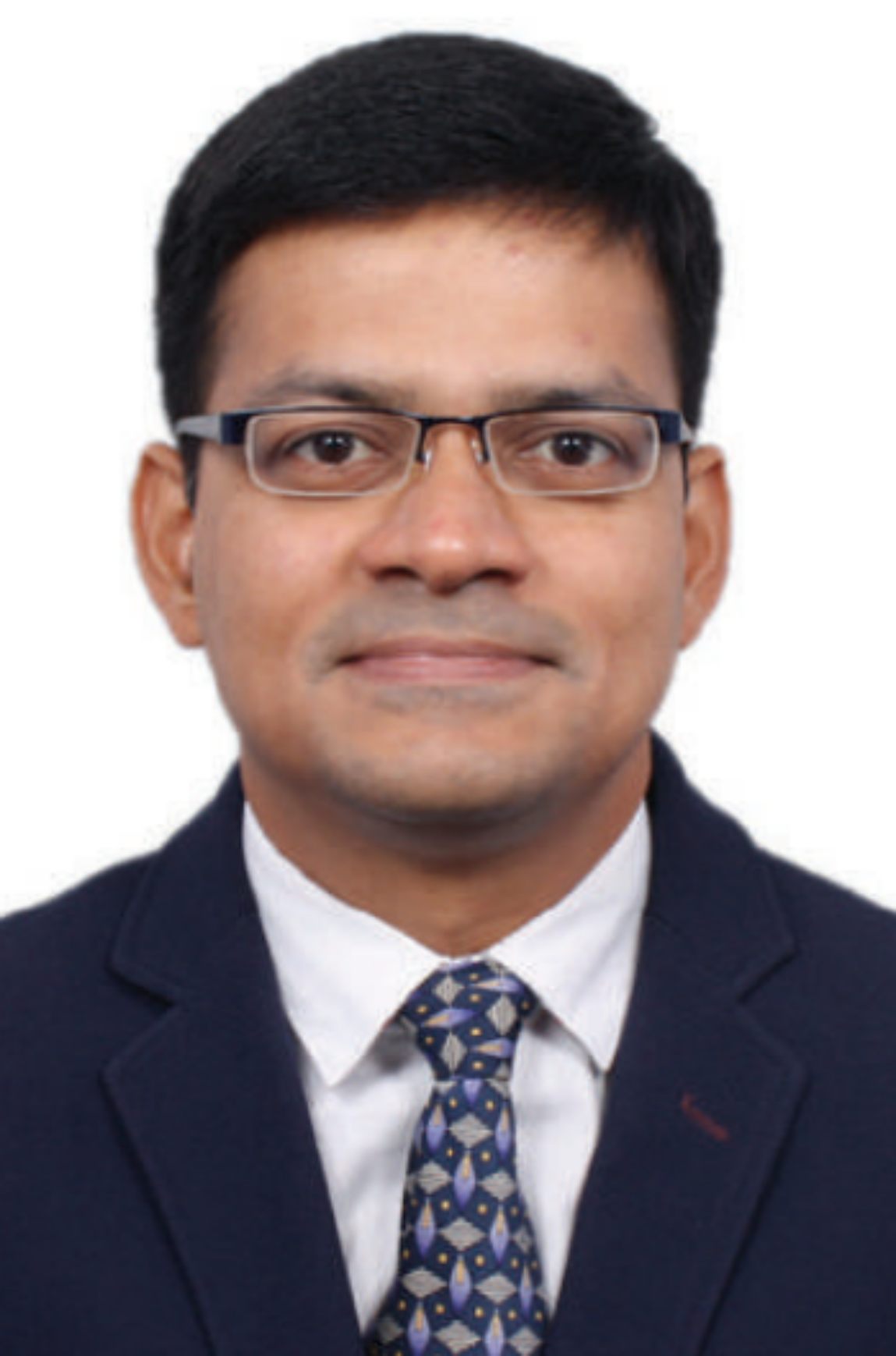
“The factors to be considered while collectively agreeing to the cancer management strategy are numerous and dynamic. They can be divided into patientrelated, cancer-related and circumstances-related. Cancerrelated factors are well known, like type and stage of the cancer. Important patient-related ones are age, co-morbidities, toxicities to avoid and drug metabolism related. Circumstances-related factors are cost, scheduling, distance to be travelled, job requirements and caregiver support. Cancer experts have to take many more such aspects into consideration and plan the best individualised treatment for each patient.”
Dr Prasad Narayanan, Senior Consultant Medical Oncologist, Cytecare Cancer Hospital, Bengaluru
4. Cost:
Cancer therapy is considered to be expensive. But getting inappropriate therapy can cost lives. So expert opinion matters! At the same time, remember that there is no such thing as a free lunch. If we pay peanuts, we should expect monkeys. Money spent on cancer expert recommendation is like gold. It should be respected, made use of and compensated appropriately.
5. Compliance with regulations:
In the USA, the health insurance Portability and Accountability Act(HIPPA) was enacted in 1996. Insurance is largely unavailable to the majority of Indians, there was little push for such a regulation in our country. However, this does not mean that there are no regulations. Two sets of relevant regulations are in place for several years—the Framework for Mobile Governance (2012) and the Electronic Health Record (EHR) Standards for India (2013 &2016). India is also in the process of finalizing the Health Data Privacy and Security Act of India).
6. The reputation of cancer experts:
Since service providers are plenty, there is a special need to pay attention to the reputation of cancer experts who will give you the recommendation. If a website provides details about their cancer experts, it indicates transparency. It is also easy to cross verify their credentials online using popular social media. The website of their affiliate hospitals will provide additional confirmation. If the platform provides a consolidated recommendation from many cancer experts (similar to a tumor board or multidisciplinary team), it is more valuable. Finally, if the cancer experts giving the recommendations are named in the report provided, one can truly be satisfied with the services provided.
Top five reasons why online cancer expert opinion matters
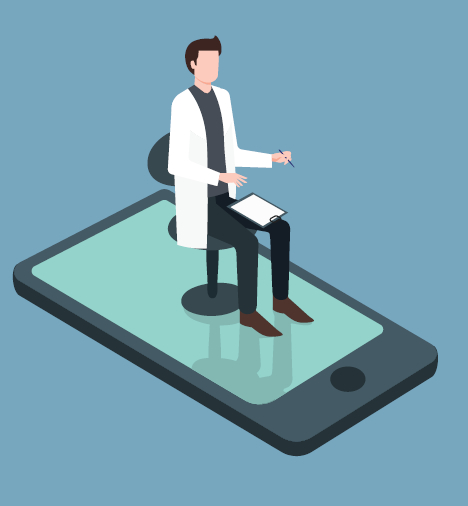
- There are more than 100 types of cancers, each with its own natural history, treatment and chance of cure.
- The diagnosis, staging, and treatment of cancer are constantly evolving; new tests and drugs are being approved every few months.
- The advice of cancer experts is valuable in optimizing patient management, taking into consideration the various factors applicable to each patient.
- Technology now allows remote online cancer expert opinion at the click of the button.
- When a group of senior cancer experts gives a collective recommendation, it is more reliable and free of bias.
Cancer experts from the same region of the world have the advantage of local knowledge that allows them to provide the most appropriate and practical advice.
















